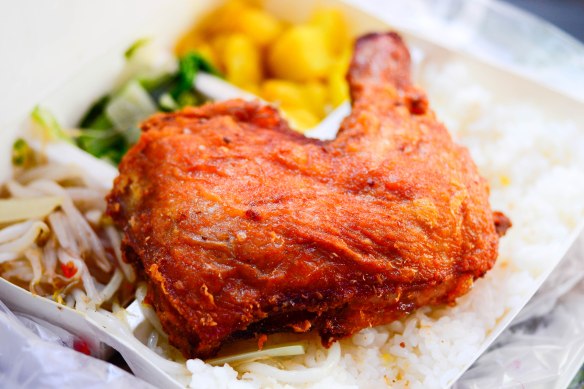It’s always fun to hear a piece of vocab you’ve learned previously in the wild.

When listening to the 「股癌」 (GooAye) podcast I heard the phrase 「佛系」 (Buddhist/noninterference approach) which is a variant of the 「佛系……法」 (Buddhist/noninterference approach to…) phrase I featured in a previous post here.
At the 8:56 (-33:19) point roughly, he says:
「你不要幫上漲跟下跌找理由,但是我發現有些人會去把我講的話有點極端化,就變成說完全不找理由。好像完全是佛系自由。」
“Don’t try and explain rises and falls, but I’ve found that some people have taken what I said to the extreme, and they don’t try and look for reasons at all. It’s like they’re dedicated to noninterference and freedom.”
Here he is cautioning people not to try and try and explain short term rises and falls in stock prices, but then qualifying this by saying that they can look for longer term reasons for price rises and falls.
From listening over the last few months, I found out that the guy behind the podcast was hopeful that Trump would win the election, although his reasons are largely to do with financial policy. The podcast is definitely worth listening to for insights on Taiwanese society and the business world as well as analysis of trends in stocks and shares.
In the same week, the phrase also came up in the 台通 (Commute For Me) podcast in an interview with the spokesperson of the Taiwan Statebuilding Party (台灣基進) Chen Po-wei (陳柏惟), who led the recall petition movement against Han Kuo-yu (from 12:33 or -41:31):
Host: 那你有得到正面的回饋啊。
陳柏惟:對啊。所以那個不是自我說服唉,我覺得那個是有時間的過程。那個不是坐在家裡瞑想佛系態度。
Host: So you got positive feedback.
Chen Po-wei: Yes. So I don’t think it was me convincing myself, I think it happened over time. It wasn’t like I was sitting at home meditating hoping that things would just fall in my lap.
This is also a reference to the 佛系 memes, which play on the Buddhist concept of noninterference that I featured in the previous post.
Chen also used the Taiwanese word 「𨑨迌/企投 」 chhit-thô featured in a previous post as well at the 21:57 (-32:07) point. Although I only mentioned these two, there are lots of gems in this interview and it’s definitely worth a listen.


